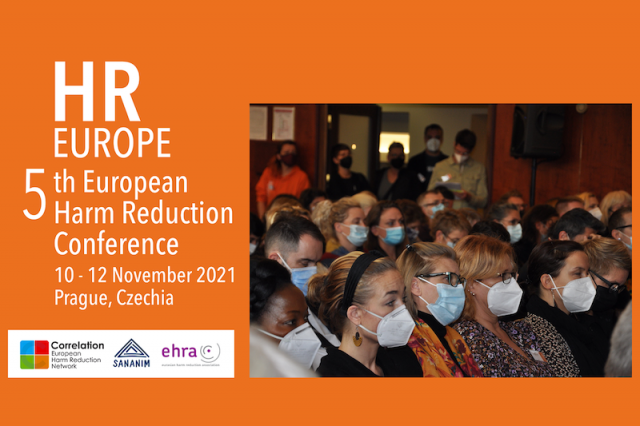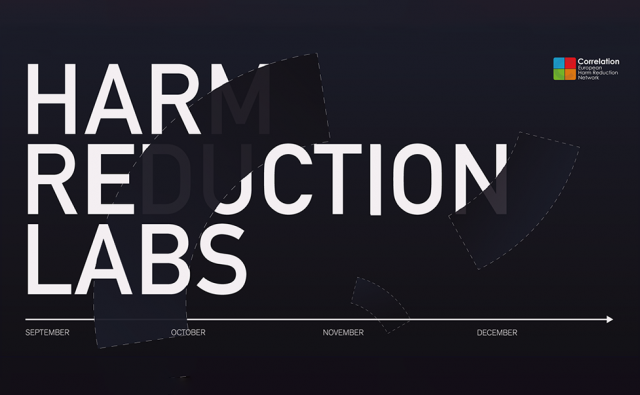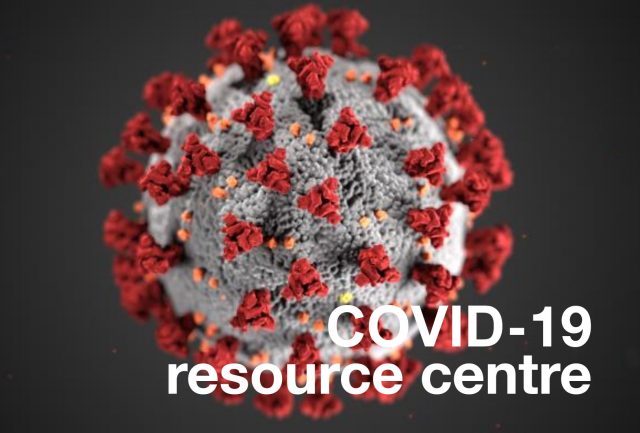One of the participants shared her feelings after #EHRC21 with the phrase; the better the high, the bigger the comedown. We have waited long enough to have such a get-together, and it was a blast.
The Conference had a record number of participants. Over 400 people from 43 countries, including people from outside Europe such as the USA, Russia, Canada, and Lebanon, gathered in Prague from the 10th to the 12th of November. Overcoming the difficulties posed by the COVID19 pandemic, harm reductionists remained upbeat until the last minute. Even participants from afar continents like Australia, Africa, South America and Central Asia were hoping they could travel, until the very last minute. Staying positive is a trait we all share in the field of Harm Reduction, after all. To enable a wider audience, we also live-streamed some of the sessions with over 150 viewers.
The sessions were chaired by 28 representatives of organisations from across Europe. There were 116 speakers covering extensively urgent and current topics in the human rights movement of people who use drugs, sex workers, people experiencing homelessness and other marginalised communities. Just to name some. The biggest downer during the Conference was having to choose what to attend during parallel sessions because everything was equally exciting.
Apologies for all the statistics but is this not absolutely incredible that the Conference thrived in such a fashion? So here comes a toast to all harm reductionists in the world.
You rock! Harm Reduction goes on!
..
Could you not attend for whatever reason?
See below ideas on how you can do a thorough follow-up:
The online discussions during the conference can be tracked down in social media with the hashtags #HRAtWork and #EHRC21, in case of arousal of curiosity 🙂
We are now busy uploading all shareable online. In the meantime, HERE are images from the Conference and HERE is the video teaser from the Conference done by the amazing Drug Reporter foundation.
Last, but not least important, either subscribe to our newsletter to not miss out on the news or follow us on social media via @CorrelationNet.
We would like to wholeheartedly thank all the Conference partners, chairs partners, speakers and participants for their time, energy and support in making the #EHRC21 memorable. Together, we will move the unmovable.





